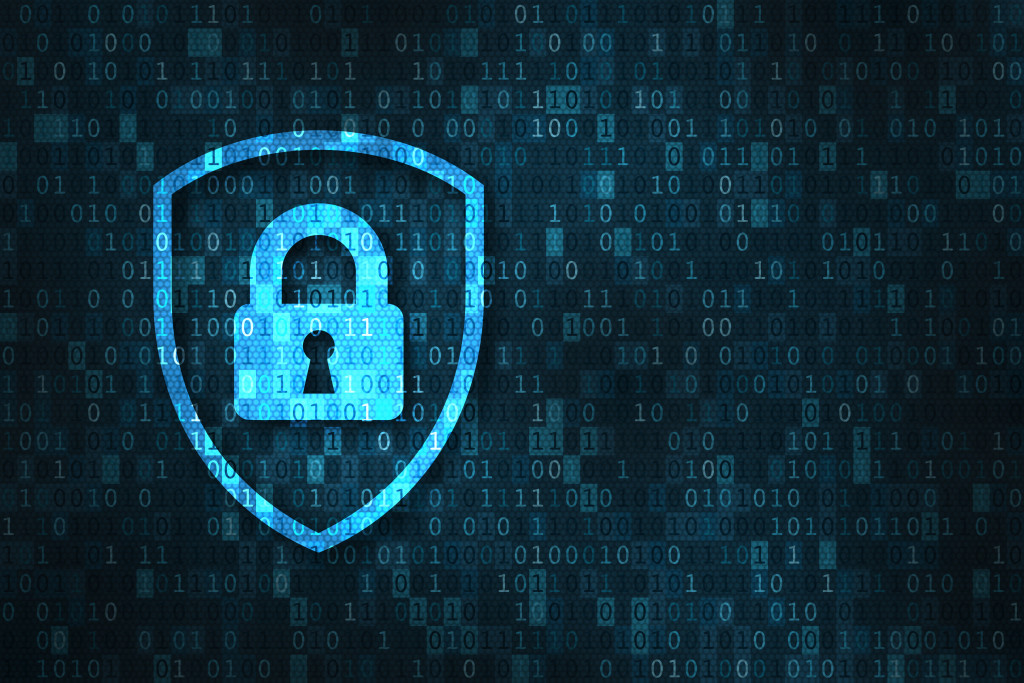Every day, we hear about another data breach or cyber-attack. Hackers are getting increasingly sophisticated, so protecting your online information and activity is more important than ever. According to a recent report from the UK’s National Cyber Security Centre (NCSC), there were more than 1,200 cyber-attacks in the first six months of 2017 alone. This number is only increasing, so you must take steps to secure your online activity.
Here are some tips on how to do just that.
1. Use a strong and unique password for each online account.
This may seem like a hassle, but it’s the best way to protect your accounts. If a hacker gets ahold of one of your passwords, they’ll have access to all of your accounts if you use the same password for everything. So, take the time to create strong, unique passwords for each of your online accounts.
If you have trouble remembering your different passwords, you can use a password manager to help keep track of them. This way, you only have to remember one “master” password. But be sure to choose a reputable password manager, as some have been known to be vulnerable to hackers.
2. Be careful when making online transactions.
When making an online purchase, be sure only to use secure websites. You can tell if a website is safe if the URL starts with “https” and there is a lock icon next to the URL. This means the website uses a secure connection, and your information is encrypted.
Never enter your credit card information or other sensitive information on an unsecured website. And if you’re ever asked to enter your password or other sensitive information into an email, be very wary, as this is likely a phishing scam.
Always use a safe connection when withdrawing money from an online account, such as a binary options broker. Many brokers offer secure binary options withdrawals, such as a secure socket layer (SSL) connection. This means that your information is encrypted and secure.
3. Avoid using public Wi-Fi.
Public Wi-Fi is vulnerable to attack, as it’s often unencrypted and unsecured. If you must use public Wi-Fi, be sure only to access websites that are using a secure connection (as mentioned in tip 2). Additionally, avoid doing online banking or making other financial transactions while using public Wi-Fi.
If you must use public Wi-Fi for work, consider using a Virtual Private Network (VPN) to encrypt your connection and help protect your data. This is especially important if you work remotely and access sensitive company information. Using a VPN when travelling is also a good idea, as it can help you stay safe and secure while using public Wi-Fi in unfamiliar environments.

4. Don’t click on links in suspicious emails.
Many hackers use phishing scams to try and trick you into clicking on a malicious link. These links can lead to malware being installed on your computer or device. They can also lead to fake websites designed to steal your personal information.
If you receive an email from an unknown sender, be very cautious about clicking on any links or attachments. And if you receive an email that looks like it’s from a company or website you know, but the URL is slightly different, don’t click on it. This could be a phishing attempt.
Instead, hover over the link to see where it’s taking you. If the URL looks suspicious, don’t click on it. You can also type the URL of the company or website into your browser to be sure you’re going to the legitimate website.
5. Use 2-factor authentication.
Use 2-factor authentication (2FA) to help protect your online accounts if available. 2FA adds an extra layer of security by requiring you to enter a code that is sent to your phone or email in addition to your password. This makes it much harder for hackers to access your account, even if they have your password.
Some common online services that offer 2FA are Google, Facebook, and Twitter. They will all have different instructions on how to set up 2FA, so be sure to follow the instructions for the service you’re using.
6. Keep your software and apps up to date.
One of the best ways to protect your computer and devices from attack is to keep your software and apps up to date. Hackers are constantly finding new ways to exploit vulnerabilities in software and apps, so it’s important to install updates as soon as they’re available.
Most software and app updates will install automatically, but you may need to check for updates manually from time to time. For example, you may need to check for updates for your operating system, web browser, antivirus software, and any apps you have installed.
Following these tips can help protect your online information and activity from hackers and other cybercriminals. Remember to be vigilant when using the internet, and be sure to take steps to secure your accounts and devices. If you have any concerns about your online safety, speak to a professional.

